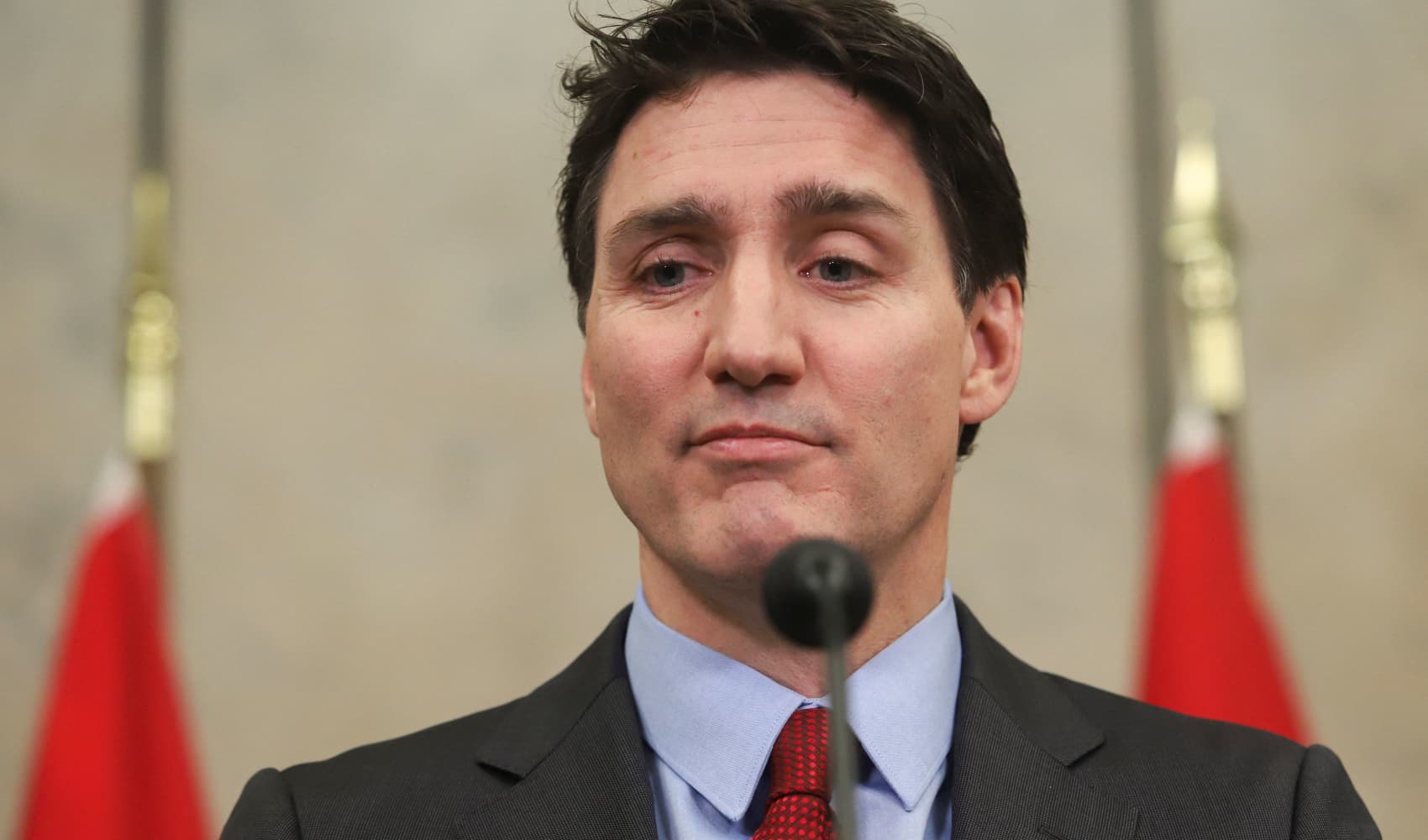
Kelly Evans
The U.S. dollar is surging to historic highs, right as President-elect Trump is about to take office.
We hit 110 on the Dollar Index this morning (which measures it against a basket of other major currencies). To put that into perspective, since the early 1980s, there have only been two other times the dollar has been this strong. Very briefly in late 2022, and before that, for a two-year stretch from late 2000 to 2002. So this is very lofty territory.
Let's dwell on that for just a moment. For all that's happened under Nafta...for all the fallout we've seen on the U.S. economy since China began devaluing its currency thirty years ago...for all the hollowing out we've already seen of the U.S. manufacturing sector...the dollar is now basically stronger than it was for all of that. And some firms, like BNP Paribas, think it's going to rise another 10%!
Stocks are doing their best to take this in stride, but the Nasdaq is down another 1.5% today, and the S&P and Russell are down about 0.8%. And with the volatility gauge resting above 20, from a low in the 13s last month, you get the feeling there could be yet more near-term downside. It's impressive, and not in a good way, that oil and other commodities are rising even with this strong-dollar headwind in place.
Get top local stories in Connecticut delivered to you every morning. Sign up for NBC Connecticut's News Headlines newsletter.
The U.S. economy is still strong, but in an imbalanced kind of way that these currency moves will only exacerbate. As we learned Friday, the U.S. added 256,000 jobs last month, with the biggest gains in healthcare, retail (a direct effect of cheap imported goods), and government. Manufacturing shed another 13,000 jobs, and its share of U.S. employment has collapsed from 20% in the 1980s, to less than 10% today.
The problem? "If you have no [manufacturing] with which to produce weapons and defense systems, you have no national security," Stephen Miran, the incoming head of Trump's Council of Economic Advisors, wrote in a research note for his firm in November. He quoted Trump's previous remark that "If you don't have steel, you don't have a country." Hence Trump's opposition to U.S. Steel selling itself to a Japanese firm.
The incoming administration, in other words, thinks the imbalances from the current global state of affairs has gotten so extreme as to be a threat to national security. Miran says point-blank the dollar is too strong. But he notes that the Trump administration wants to retain the dollar's reserve-currency status as a tool of foreign policy. That allows it to impose sanctions, the "a modern-day form of a blockade."
Money Report
The new administration, in other words, will try to offset the strong dollar with tariffs, and perhaps even taxing the purchase of U.S. Treasuries. And if nations which use our defense capabilities move to retaliate by imposing higher tariffs on the U.S., they could risk losing access to our defense resources, Miran notes.
All of this is why the economist Michael Pettis has been warning for years that the dollar's status as a global reserve currency is more of an exorbitant burden than it is an exorbitant privilege. And you can understand why markets are now a little uncertain as to how all of these new efforts to better rebalance the global economy will actually work out.
See you at 1 p.m!
Kelly
Click HERE to sign up for this newsletter in one easy step.
To hear this as a podcast, subscribe to "The Exchange" and pick "From the desk of..."






